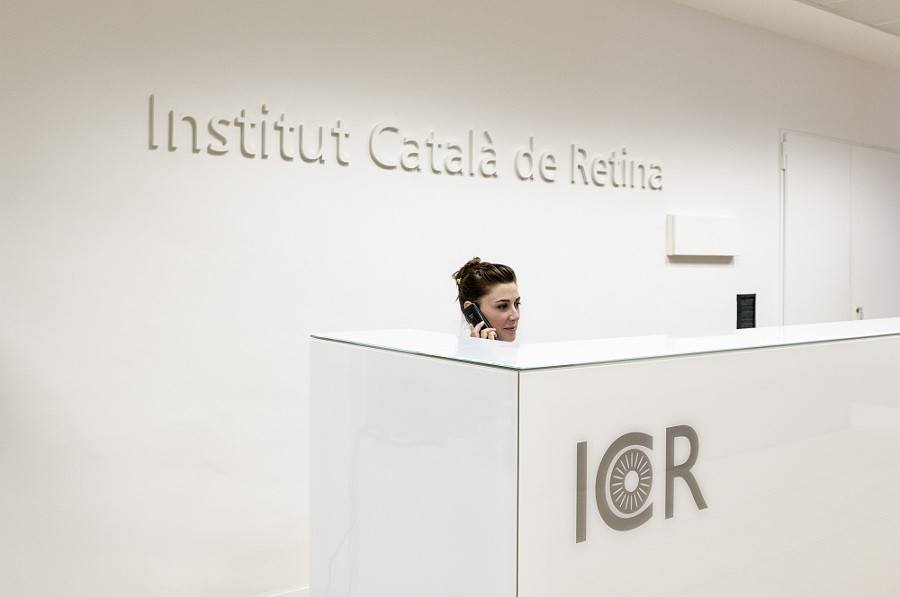
ICR is an integral ophthalmology center that covers all its specialties. The medical team, consisting of 90 renowned ophthalmologists with an extensive experience, is trained to handle the most complex cases. We have a 24-hour emergency service and the center is equipped with the latest technological advances. In addition, research and teaching place us as a pioneer center in our field. The attention to our patients stands out thanks to the professional quality of the care team and the fact that we prioritize personalized human treatment at all times.
The early diagnosis allows us to successfully control the majority of eye diseases. An annual eye examination can help us to prevent diseases that once developed will be irreversible. One of the best elements in medicine is the prevention and early detection of possible disorders
All children should have an ophthalmologic exam when they are around 3 years old. This first eye exam can prevent visual loss, which, if detected in adulthood, may be irreversible.
Normally, when it is a first visit to the center or when a certain time has elapsed since the last visit, it is customary to dilate the pupils to the patients to be able to deepen the ophthalmological examination. It will be so except in those cases where the doctor determines otherwise. The ophthalmologist will consider in each particular case whether or not it is necessary to dilate the patient’s eyes.
Yes, it is common for your vision to be blurry. The effect of the drops can last a few hours or, in certain cases, the effect can last between 24 and 48 hours depending on the type of drops that have been used. These will depend on the ophthalmologist’s criteria. After the visit, children may return to school but teachers should be aware that they may experience blurred vision when reading.
These drops may cause blurred vision for a few hours, so you should avoid driving after the visit. If you come to the center with your own vehicle, it is recommended that you do so accompanied by someone who, on departure, can drive instead. After performing some tests, such as the refractive surgery ones, you will not be able to drive in any case.
No, our emergency service operates 24/7. We have 5 simultaneous consultations to exclusively attend ophthalmological emergencies, which have all the necessary equipment for a correct urgent care.
Yes, it is very important. Eye injuries associated with the practice of a sport are very common, especially in contact sports. All people who practice sports should have a previous study of their visual conditions. The ophthalmologist will confirm the absence of eye diseases or, if there is any pathology, determine what sports can be done and how often and intensely.
Anyone can be evaluated to assess the possibilities of surgical correction of their graduation problem. Although anyone can be a good candidate, surgery is usually considered from the age of 21 and when the graduation has been stable (minor changes to half diopter) during the last year. A detailed and personal evaluation is a priority and an essential step in order to guarantee the success of the operation.
Contact us or request an appointment with our medical team.